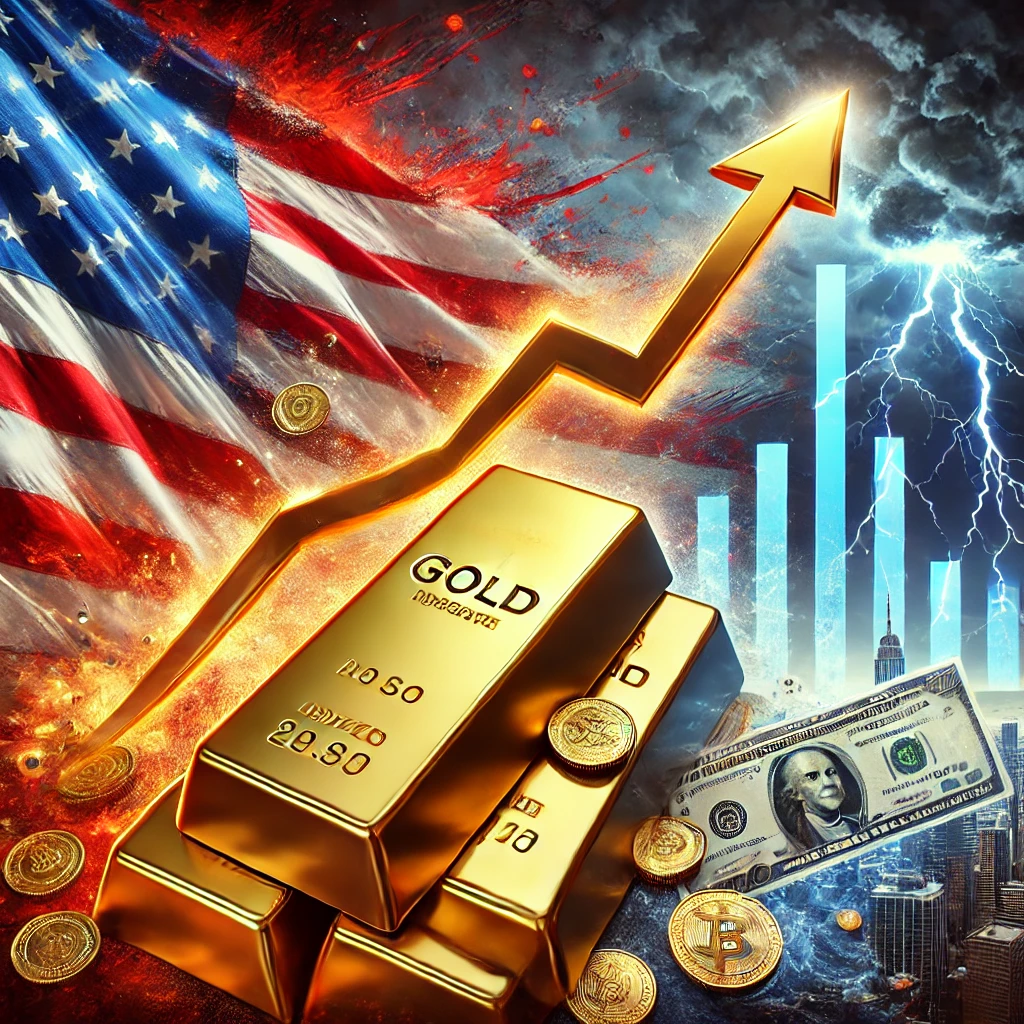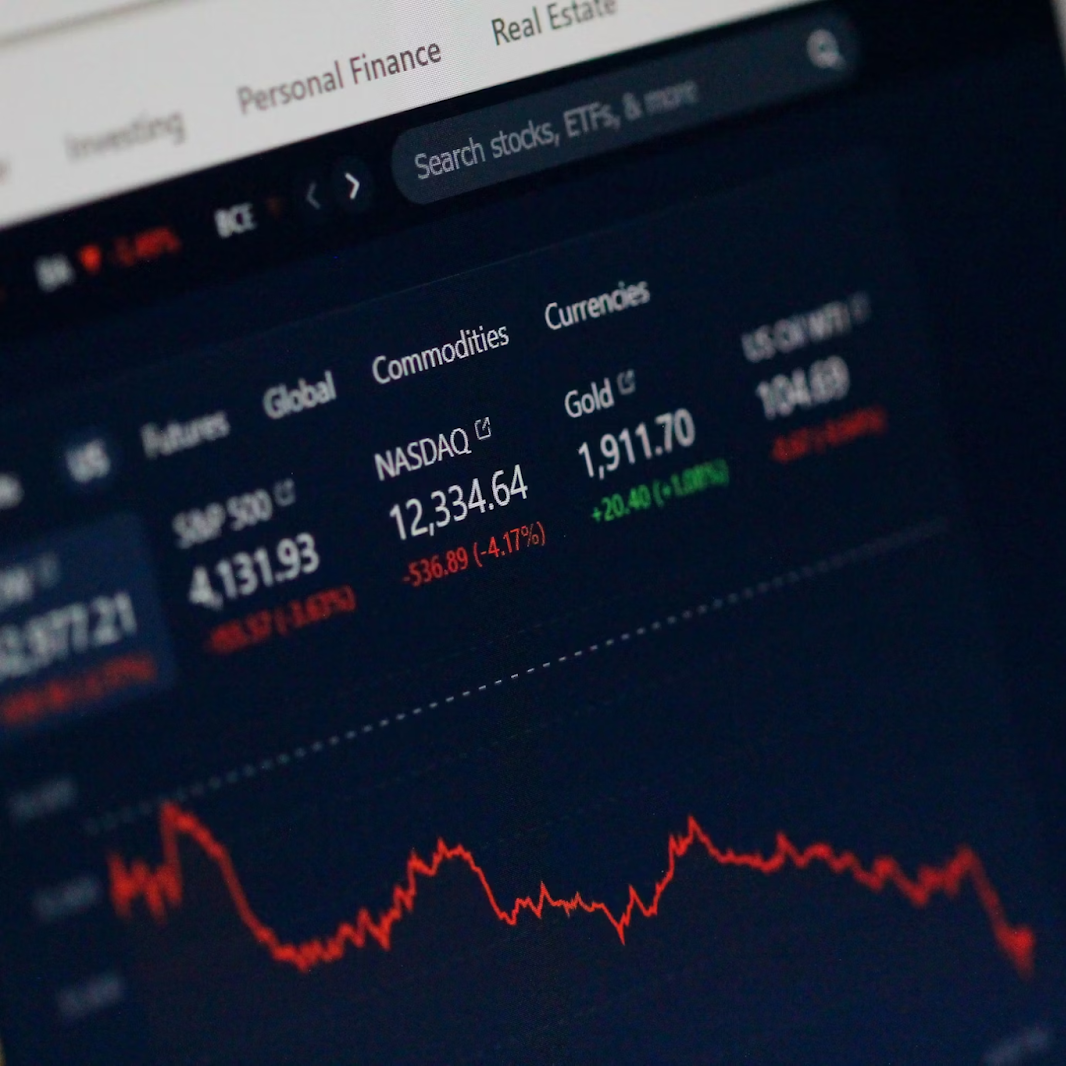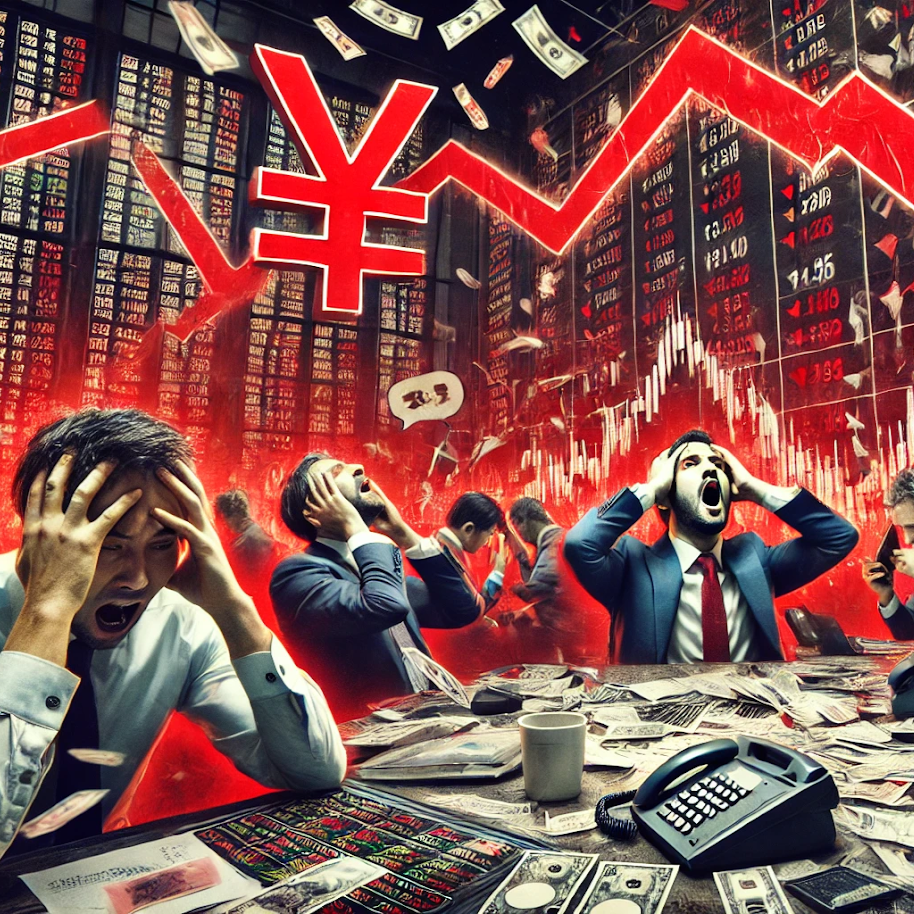In recent years, American politics has played a significant role in shaping the economic landscape, influencing market behaviours, and affecting investment strategies. Among the various assets impacted by political events, gold has emerged as a particularly appealing investment. This blog post delves into how the tumultuous political scene in the United States, marked by significant figures and events, has driven investors towards gold as a safe haven.
President Biden

The presidency of Joe Biden has been fraught with uncertainties that have reverberated through the financial markets. Concerns about his age and health, coupled with questions regarding his ability to campaign, lead, and govern effectively for another term, have caused unease among voters and investors alike. Polls indicate a growing disenchantment with Biden, reflecting in declining voter support.
A pivotal moment came during a disastrous debate with former President Donald Trump, which exacerbated concerns about Biden’s leadership. This uncertainty has historically pushed investors towards gold, a stable and reliable asset during turbulent times. The ultimate tipping point occurred on Sunday, July 21, when Biden announced he was stepping aside, endorsing Vice President Kamala Harris as his successor. This development injected further unpredictability into the market, making gold an even more attractive investment.
Kamala Harris

Kamala Harris, having served as Vice President for the past four years, now steps into the spotlight with Biden’s endorsement. However, her tenure has often seen her sidelined, limiting her ability to establish a distinct political identity. This has led to widespread uncertainty about her potential presidency and the direction of her policies, which remain largely undefined compared to Biden’s.
Such ambiguity is a key driver for investors seeking stability, thereby enhancing gold’s appeal. When political leadership is in flux, gold traditionally serves as a hedge against potential economic instability.
Trump

The political arena has been further shaken by an assassination attempt on former President Donald Trump, a shocking event that has had profound implications. Trump's platform, characterized by aggressive trade tariffs and combative economic policies, has already unsettled markets. The mere prospect of his return or influence in politics amplifies fears of economic volatility.
This atmosphere of fear and unpredictability once again underscores gold’s role as a safe haven asset. Investors, wary of potential market upheavals under Trump's influence, turn to gold to safeguard their investments.
Politics Beyond the Personality

While the individual personas of Biden, Harris, and Trump capture headlines and drive immediate market reactions, the broader American political environment exerts a substantial and lasting influence on the economy and, by extension, the appeal of gold as an investment. Beyond the drama of personalities lies a landscape shaped by government debt, fiscal policies, inflation, interest rates, and currency valuation—all critical factors that impact investor behaviour and market stability.
Government debt and fiscal policies play a pivotal role in shaping economic confidence. The United States' national debt has been soaring, with trillions of dollars added in recent years due to expansive fiscal measures aimed at stimulating the economy and addressing crises like the COVID-19 pandemic. These measures, while necessary for immediate relief, raise long-term concerns about fiscal sustainability. Investors worry about the government’s ability to manage this debt without resorting to measures that could devalue the dollar or cause significant inflation. Consequently, gold becomes a refuge for those seeking to protect their wealth from the potential fallout of unsustainable fiscal practices.
Inflation and interest rates are intimately connected to government debt and fiscal policies. Inflation, the gradual increase in prices over time, erodes the purchasing power of money. With the Federal Reserve adopting policies that often involve keeping interest rates low to stimulate economic growth, there is a risk of inflation rising beyond manageable levels. In such scenarios, traditional savings and fixed-income investments lose value, driving investors to seek alternatives that can preserve their purchasing power. Gold, historically seen as a hedge against inflation, becomes particularly attractive. Its value tends to rise as the cost of living increases, offering a stable store of value when other assets are losing ground.
Currency devaluation is another critical factor influenced by both government policies and broader economic conditions. When the value of the US dollar declines, it can be due to a combination of high debt levels, expansive fiscal policies, and low interest rates. A weaker dollar means that it takes more dollars to buy the same amount of goods and services, both domestically and internationally. For investors, this devaluation reduces the real returns on dollar-denominated assets. Gold, on the other hand, typically gains value as the dollar weakens, making it an attractive investment for those looking to preserve their purchasing power in a declining currency environment.
The broader economic policies and conditions in the United States create a backdrop where gold emerges as a safe haven. Political instability, policy unpredictability, and economic uncertainty drive investors toward assets that can provide security and stability. Gold’s historical resilience and intrinsic value make it a preferred choice for hedging against the risks posed by an unpredictable political and economic landscape.
Geopolitical Tensions

Global geopolitical tensions further influence the price of gold. The ongoing trade war between the United States and China continues to create uncertainty in the global economy. Tariffs and retaliatory measures have disrupted supply chains, increased costs for businesses, and led to fluctuating market sentiments. This persistent instability has driven many investors towards gold, seeking a reliable store of value amidst the economic turmoil.
Additionally, the escalating conflict in the Middle East, particularly Israel's war in Gaza and the looming threat of an invasion of Lebanon, has contributed to a sense of global insecurity. Regional conflicts often lead to broader geopolitical repercussions, heightening the risk of wider confrontations and economic disruptions. In such an environment, gold is seen as a safe haven, providing security against the unpredictable consequences of warfare.
The ongoing war in Ukraine further exacerbates global instability. The conflict has far-reaching implications, affecting energy supplies, international relations, and economic stability in Europe and beyond. The persistent nature of this conflict and the uncertainty surrounding its resolution have reinforced gold's appeal as a hedge against geopolitical risk. Investors, wary of the potential for further escalation and economic fallout, continue to turn to gold to protect their assets.

In an era marked by political uncertainty and global tensions, gold continues to shine as a beacon of stability for investors. The intricate interplay of American political dynamics and broader geopolitical events underscores the value of gold as a hedge against economic and political instability. As the landscape evolves, gold remains a prudent choice for those seeking to safeguard their wealth against the unpredictable tides of global politics.




Leave a comment
This site is protected by hCaptcha and the hCaptcha Privacy Policy and Terms of Service apply.